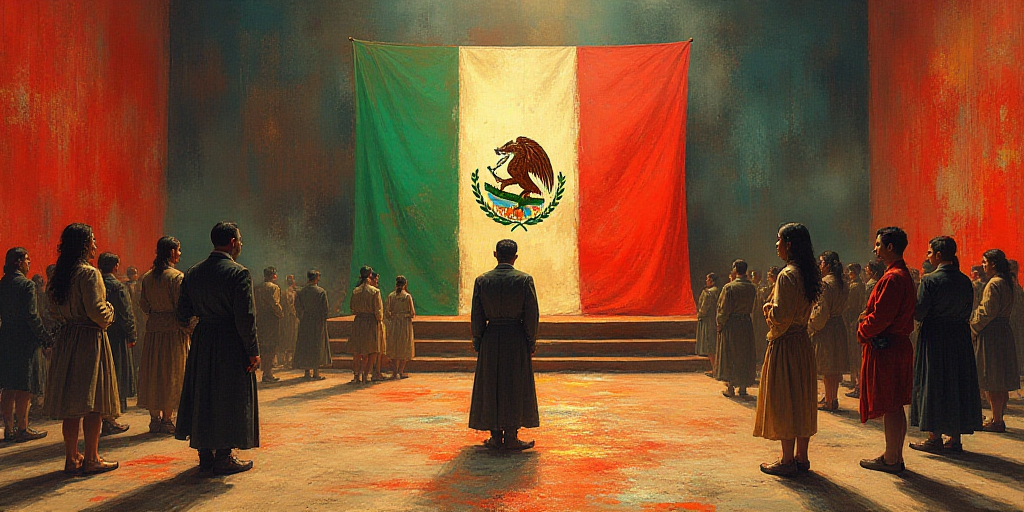Background on Alfonso Ramírez Cuéllar
Alfonso Ramírez Cuéllar serves as the vice coordinator of Morena in the Chamber of Deputies. As a prominent figure in Mexican politics, his proposals often shape policy discussions and reforms. His recent announcement regarding a special commission to address tax evasion and false invoicing highlights his commitment to strengthening Mexico’s financial system and combating illegal activities.
Proposal for a Special Commission in the FGR
During a press conference, Ramírez Cuéllar announced his intention to propose the creation of a special commission within the Fiscal General de la República (FGR) to pursue tax evasion and false invoicing crimes. This proposal comes as part of the ongoing discussion on reforming the Customs Law, aiming to bolster the customs system and curb smuggling and tax evasion practices.
Key Objectives of the Proposed Commission
- Combatting Fiscal Huachicol: The commission would focus on reducing and eradicating fiscal huachicol, an illegal practice involving the smuggling and sale of tax-exempt fuel.
- Addressing False Invoicing: The commission would also tackle false invoicing, a method used by businesses to evade taxes by creating fake or inflated invoices.
Context and Impact of the Proposal
Ramírez Cuéllar emphasized that the proposal is central to a broader economic package designed to generate revenue and combat tax evasion. He highlighted the significant losses caused by fiscal huachicol, which has fostered a network of criminals involved in importing raw materials disguised as oils, ultimately resulting in the smuggling of diesel or gasoline.
The vice coordinator further explained that strengthening the customs system and establishing a specialized commission within the FGR would enhance revenue collection, ensure transparent and clean international trade, and support social programs, investments, and pension systems.
Current Challenges in Mexico’s Customs System
Ramírez Cuéllar pointed out that the magnitude of tax evasion in strategic sectors, such as fuel, textiles, footwear, and sugar, demonstrates that Mexico’s customs system has been overwhelmed by smuggling, undervaluation, and operation simulation practices.
- Fiscal Huachicol: This illegal activity has led to substantial losses for public finances, weakening the competitiveness of domestic industries and affecting thousands of jobs.
- IMMEX Program Abuses: There have been instances of misuse within the Industria Maquiladora de Exportación e Importación (IMMEX) program, which allows Mexican companies to import goods duty-free for export or processing.
- Technical Smuggling and Undervaluation: These practices have resulted in significant financial losses for the public treasury, undermining the competitiveness of national industries and impacting employment.
Urgency of Customs Law Reform
Ramírez Cuéllar stressed the necessity of reforming the Customs Law to restore legality, bolster revenue collection, and establish fair competition conditions in international trade. This reform is crucial to counteracting the aforementioned challenges and ensuring a robust financial foundation for Mexico’s economy.
Key Questions and Answers
- What is the proposal? Alfonso Ramírez Cuéllar proposes the creation of a special commission within the Fiscal General de la República (FGR) to address tax evasion and false invoicing crimes.
- Why is this proposal important? The proposal aims to strengthen Mexico’s customs system, enhance revenue collection, and ensure transparent international trade.
- What challenges does Mexico’s customs system face? The customs system is overwhelmed by smuggling, undervaluation, and operation simulation practices in strategic sectors.
- Why is Customs Law reform necessary? Reforming the Customs Law is crucial to restore legality, bolster revenue collection, and establish fair competition conditions in international trade.






